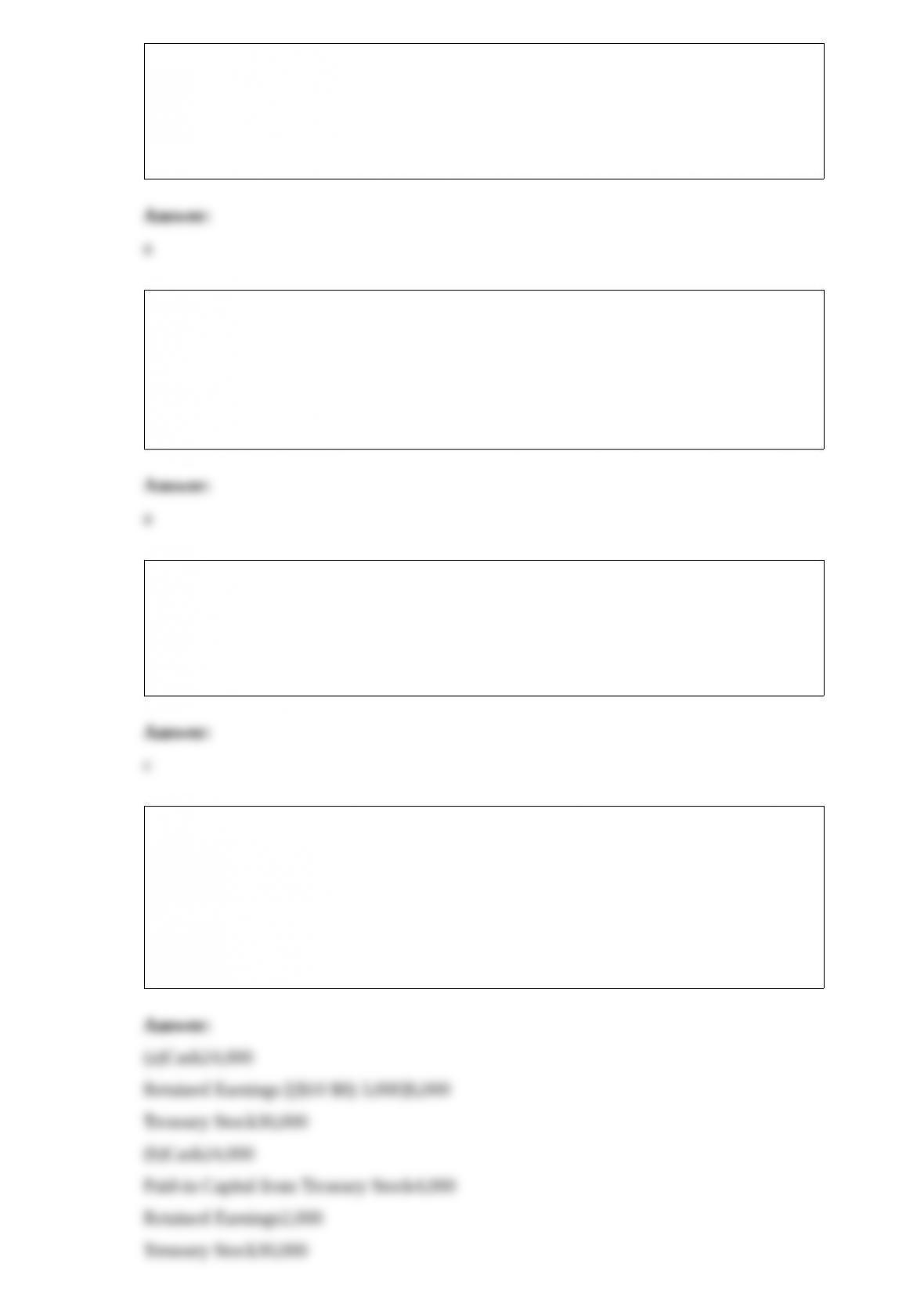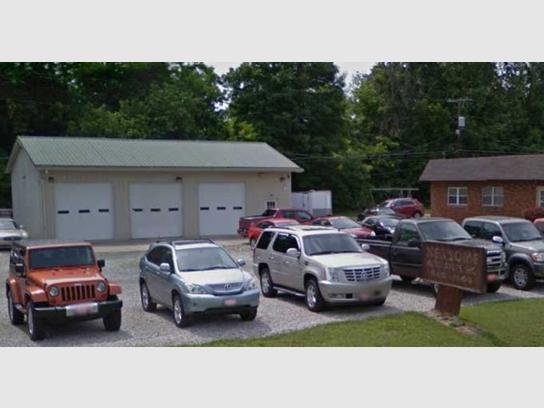Loan Types to Help Pay for Medical Classes and Courses
University Headquarters

- Successful Components
- Federal Loans
- Federal and Private
- Tips to Find
- Sallie Mae Medical Loans
For most applicants, acceptance into medical school is the first step on the way to a lifelong dream of becoming a doctor. Unfortunately, the cost of a medical school education is very high. According to the Association of American Medical Colleges (AAMC), the average cost of one year of medical school at a public university is close to $35,000, while the annual costs of a private medical school education tops $50,000. Very few medical students can pay their tuition in full, grants and scholarships are few and far between, so loans are the primary method of paying for medical school. Most medical school students graduate with a substantial amount of medical school debt, sometimes running into the hundreds of thousands of dollars. The average medical school debt is around $183,000.
On the other hand, physicians generally earn high salaries once they go into practice, so the expectation is that these medical school loans are not beyond the borrower’s ability to repay while maintaining a comfortable standard of living.
What Are Medical School Loans?
Since nearly all aspiring physicians need a way to pay for their education, the answer for most students is obtaining medical school loans. These loans pay for tuition as well as living expenses, although much depends on the specific loan terms. Many students take out loan from more than one lender to cover all of their needs.
When it comes to medical school loans, there is no one-size-fits-all. Every lender and loan type has specific requirements. Interest rates for medical school loans vary considerably.
- Federal Loans
- Federal and Private
Medical school loans fall into basic categories federal and private, and subsidized and unsubsidized. With subsidized federal loans, the government pays the interest while the student is still in college. With an unsubsidized loan, the interest starts accruing
Unlike federal medical school loans, private medical school loans may pay for specific medical school experiences under different terms, such as medical residency and relocation. Private medical school loans are a good option for those borrowers with excellent credit, as interest rates can be lower than with federal loans. It may also prove possible to refinance higher interest-rate federal loans into a private loan. However, for those doctors planning to work in low-income areas or other areas of need to qualify for public service student loan forgiveness, such refinancing renders them ineligible for the forgiveness program. Look for a private loan with a bank or lender specializing in medical school loans.
Differences Between Federal and Private Loans

Federal medical school loans offer options such as public service student loan forgiveness for eligible physicians, or income-drive repayment, which is not the case with private loans. Private medical school loans may not have the borrowing caps of federal loans, which is important if attending an especially expensive medical school. Of course, private loans are not subsidized, so they could cost more in interest in the long run. Private medical school loans may also require a co-signer.
Borrowing Limits on Medical School Loans
Federal medical school loans have annual borrowing limits. Medical students may borrow up to $40,500 per year in Stafford loans, and the combined aggregate limit for all federal loans is $224,000. GradPlus loans, on the other hand, have no limit per se, but are limited to the total cost of attending medical school as determined by the institution.
Many private medical loans do not specify limits, which allows students to use the money for their living expenses as well as the cost of tuition, books, and other school fees.
What to Think About When Looking for a Loan
When searching for a loan, research is imperative. You can’t determine the best loan situation for your needs without taking all of the facts into consideration.